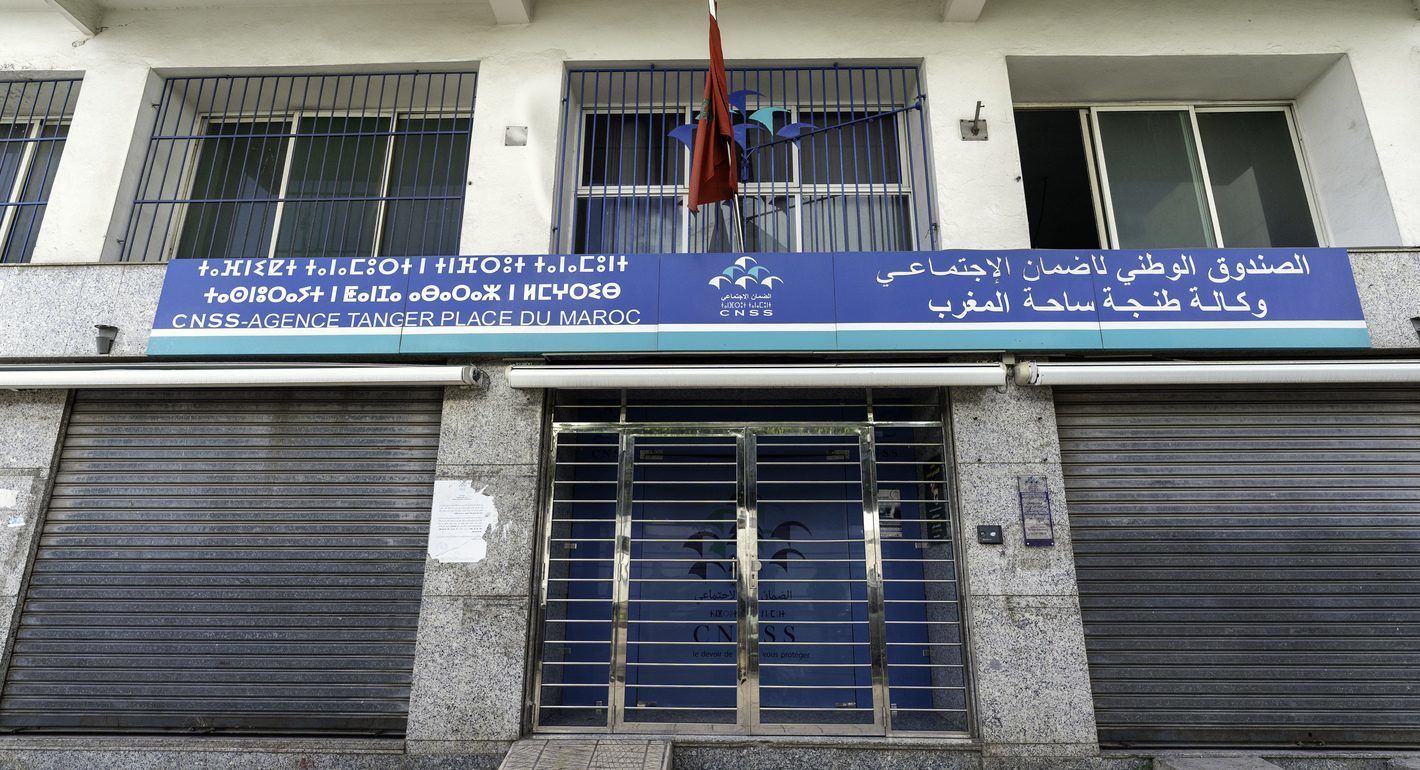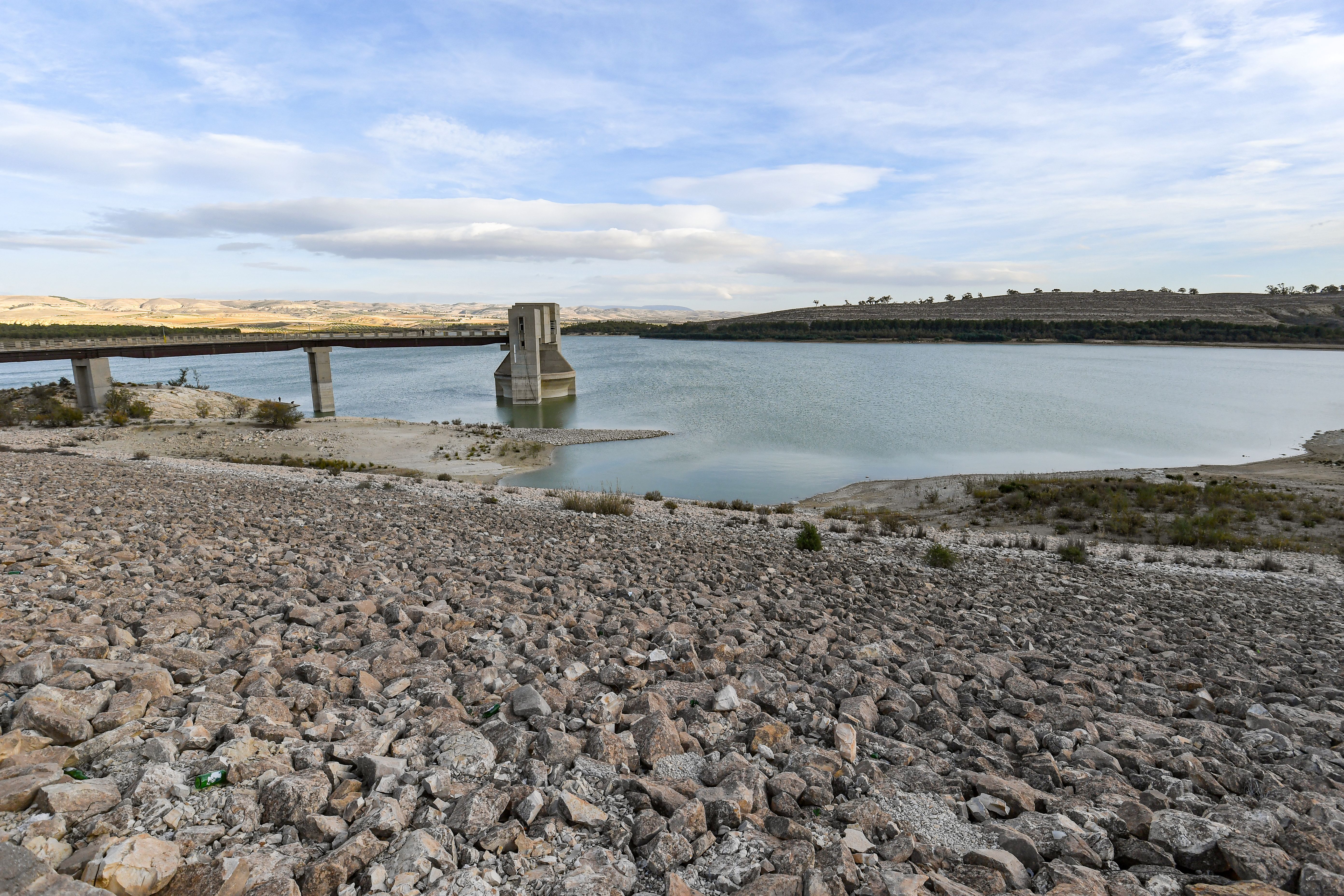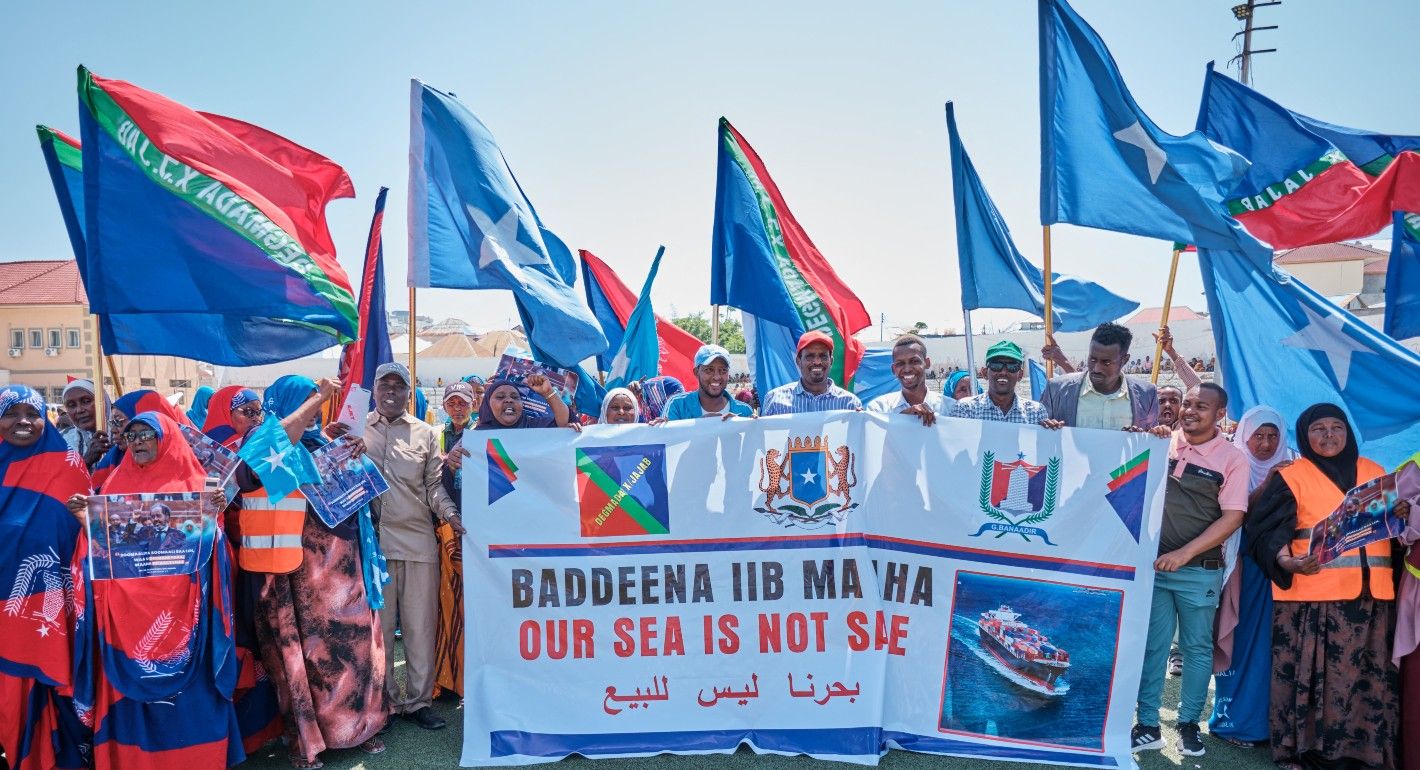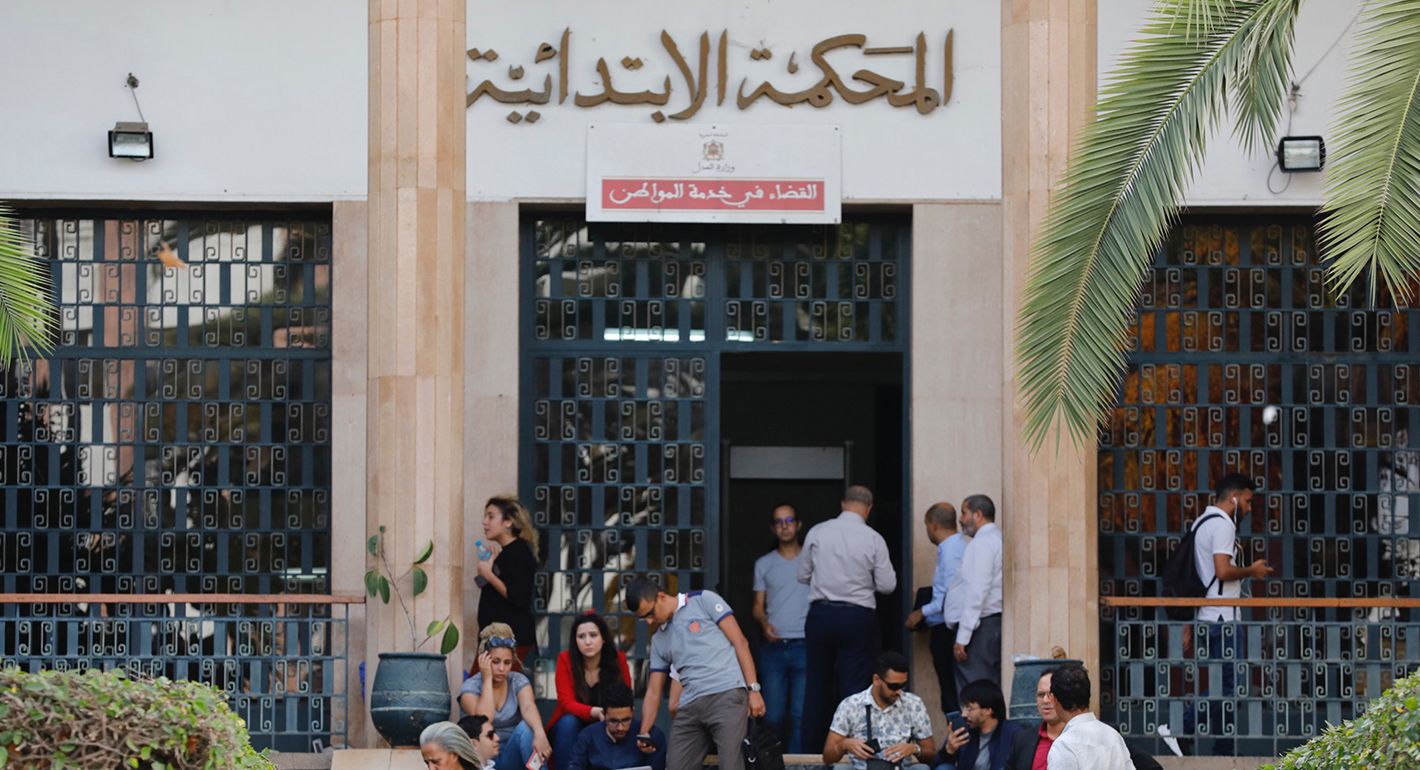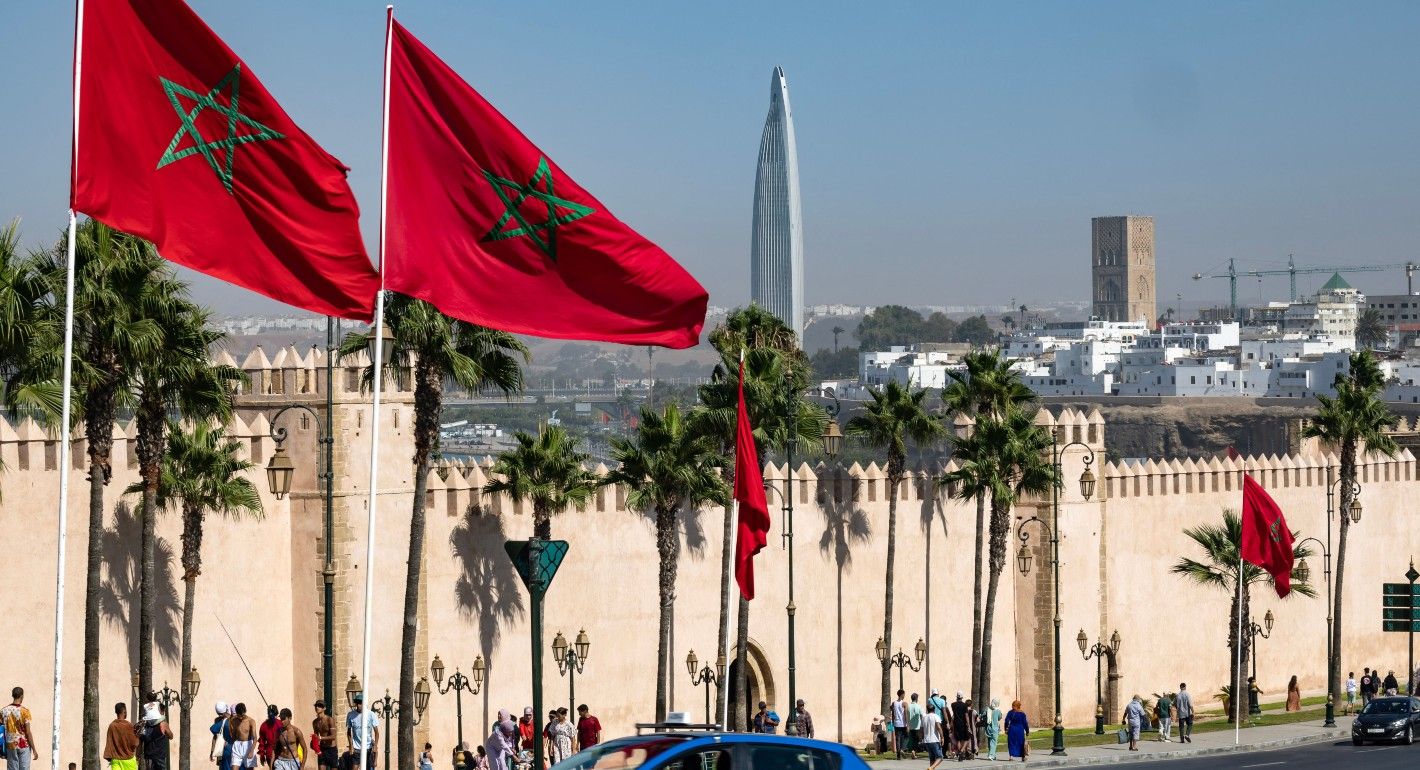As Egyptians begin to discuss prospects for the autumn 2010 parliamentary elections, speculation is already beginning about whether the outlawed but active Muslim Brotherhood will field candidates, as it did in 2005 and many previous elections. Presuming that it will, the more important question is: will the government allow the group to win whatever seats it might actually gain in an open and fair election?
In 2005, Egypt’s political system was rocked by unexpected results: in the first of three rounds of parliamentary elections, independent candidates affiliated with the Brotherhood—which ran for only one third of all parliamentary seats—won 34 seats, compared with 68 won by the ruling National Democratic Party (NDP). Such a strong showing was only possible because government authorities had allowed Brotherhood candidates to campaign far more openly than they had in any previous elections. Before the second round took place, the state arrested nearly 900 Brotherhood members or loyalists, and hundreds more before the third round; government-backed thugs took to the streets against the Brotherhood and its supporters; polling stations were closed in the next two rounds; and soldiers prevented some voters from entering polls. In the end, the Brotherhood still won 88 seats (or twenty percent of the 444 elected seats in the lower house, Magles al-Sha’b)—more seats than any other opposition party (the Wafd was next with six seats), and many more than it had received in the past (for example, 17 seats in the 2000 elections).
Since then, Egyptian authorities have sought various means to bar the Brotherhood from elections, or at least to cut dramatically the size of its participation. Municipal elections scheduled for April 2006 were postponed for two years, and when they were finally held, authorities denied the registration applications of all but 21 Brotherhood candidates for the 52,000 seats. Brotherhood candidates were similarly excluded from 2007 elections for the upper house of parliament, the Shura Council.
According to Dr. Muhammad Habib, the Brotherhood’s First Deputy Chairman (and a professor of geology at Assiut University), the movement will decide whether to contest in 2010 after careful consideration of three factors: the legal framework for the elections; the status of judicial oversight; and the will of the Egyptian people. Regarding the first issue, constitutional amendments passed in 2007 set up a legal framework for excluding the Brotherhood, laying the groundwork for a return to a party list electoral system and specifying that no party may be formed “based on a religious frame of reference.” The NDP has yet to propose a new electoral law to govern the next elections. Regarding judicial supervision, the amendments removed the traditionally strong and semi-independent judiciary from direct supervision of elections, replacing the judges with an electoral commission more likely to be subject to government influence. Habib’s comments indicate that the Brotherhood does not want to find itself in another situation like that of the 2008 municipal elections, in which, despite months of effort, the Brotherhood in the end had no choice but to call for a boycott of the very elections it fought to enter. The third issue (“the will of the people”) is one for the Brotherhood to spin, just as any other political party will do, allowing the movement to claim that “the people” demand that it enter the fray once again.
Dr. Essam Erian, former member of parliament (1987-90) and a leading reformist or moderate Muslim Brother (albeit one no longer sitting in the Brotherhood Guidance Council) affirms that “our principle is to participate; it is in fact to run in all elections in order to promote peaceful, democratic change. We will run, most likely, to raise our voice and to speak for the people. It is not that we seek power. No institutions have any power in Egypt; only one man has power. Everyone and everything else is marginalized—parliament, the cabinet, even the military. And if we run, we will run our best candidates, of course. But it is not our decision who will win; nor is it the people’s decision. It is one man’s decision, one man in the Ministry of Interior who will decide who wins!”
The Brotherhood is an expansive movement with political, social, and religious aspects, and there is as yet no consensus within it about further electoral participation. There are also at least three generations within the movement. Ibrahim el-Houdaiby, Brotherhood blogger and a reluctant representative of twenty-something activists, says he considers it a mistake for the movement to focus on political ambitions: “When we act like a political party, we lose focus on Islam and the Islamic message. Yes, they will run for elections, I am almost sure of that—but I don’t encourage that.” Houdaiby says he would rather that the Brotherhood not try to form a party, but encourage the government to extend licensing to the Wasat Party, which represents yet another generation of Brotherhood activists who parted company with their elders in the mid-1990s and have been attempting to get registered as an official party ever since.
To complicate things further, octogenarian Supreme Guide Mahdi‘Akef announced recently that he will not run for the leadership position again when his term expires in January 2010. This will lead automatically to questions about whether the torch will now pass to middle-aged or younger leaders and if so, will it pass to the more progressive or conservative among them?
Then there is the question of how the government and NDP will manage opposition participation in 2010. Even if the Brotherhood leadership decides to participate and field candidates, Dina Shehata of the al-Ahram Center for Strategic Studies says, “we all expect that the Brotherhood will not be allowed to run,” based on its exclusion from the recent Shura and municipal elections. Analysts speculate about whether the NDP will return to its old ways and distribute to a selected few opposition parties—the centrist Wafd, leftist Tagammu, perhaps even the liberal Ghad Party of Ayman Nour—more seats in parliament than they might otherwise win given their poor organizations, divided leaderships, and overall lack of popularity. That might be a way to keep the Brotherhood out and still show the United States and others that democratic tendencies are expanding.
The Brotherhood leaders in charge of deciding whether or not to participate in 2010 have many constituencies to keep in mind, from street sweepers to students to young professionals to members of the military and the business elite. Whatever missteps they make approaching next year’s elections, the Muslim Brotherhood as an organization will survive, as it has for 81 years. The only question will be which tendencies in the organization will grow stronger, as pressure builds beneath the current leaders from at least two distinct generations—and different factions within those generations—waiting to move into positions of authority their elders now control.
Denis Sullivan is professor of political science and director of Middle East studies at Northeastern University. He is currently a CASA (Center for Arabic Study Abroad) language scholar at the American University in Cairo.


